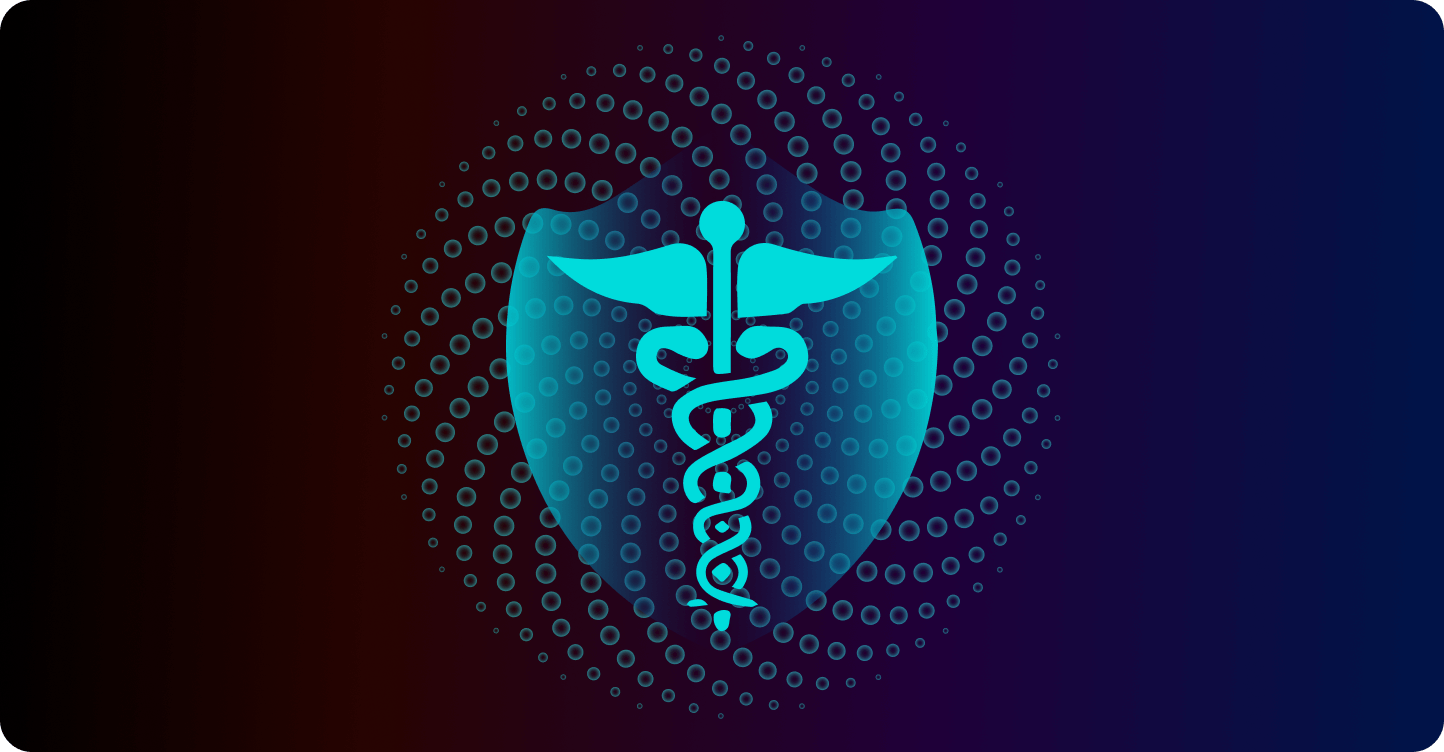The healthcare industry relies on high-quality data to drive innovation, improve patient care, and develop effective health information technology. Synthetic healthcare data — artificially generated data that mimics real patient information without containing actual patient records — is a powerful tool that addresses the industry's data needs while protecting privacy.
Healthcare technology organizations use data for numerous applications, from training AI algorithms that detect diseases to testing software integrations with electronic health records. Synthetic healthcare data provides a solution that allows development teams to innovate while maintaining compliance with regulations like HIPAA.
What is synthetic healthcare data?
Synthetic healthcare data consists of artificially generated records that statistically mimic real patient level data while containing no actual patient information. There are many benefits to having access to this kind of data in the healthcare field.
Privacy protection
Synthetic healthcare data reduces the risk of exposing protected health information (PHI) during development and testing. Since real patient data is removed from the dataset, HIPAA and GDPR compliance concerns are significantly reduced, allowing teams to work efficiently without compromising security.
Scalable data generation
Development teams can generate large-scale synthetic datasets that reflect specific demographic distributions, disease patterns, or edge cases. Having synthetic data that can scale in this way can enable comprehensive model training across a wide range of scenarios that might be rare or difficult to find in limited real datasets.
Compliant product innovation
With synthetic healthcare data, you can safely share datasets across departments and even organizations without violating privacy regulations. This accelerates the development cycle and enables collaborative innovation in health information technology.
Bias reduction
Quality synthetic health data can be engineered to address biases present in real-world data. You can control the parameters of data generation to create more balanced synthetic datasets that lead to fairer, more equitable healthcare algorithms and applications.
How the healthcare industry uses synthetic data
Healthcare technology organizations leverage synthetic data to build applications and systems that improve facility efficiency and allow providers to better care for their patients. Let’s look at a few of the primary applications of synthetic data in healthcare.
Health software development and testing
According to the PubMed research, software testing consumes between 30-40% of the development lifecycle, with a critical shortage of good test data. Synthetic healthcare data enables teams to:
- Test EHR integrations with realistic patient records
- Validate healthcare applications across diverse patient scenarios
- Implement CI/CD pipelines with privacy-compliant test data
- Identify edge cases and potential failures before production deployment
AI model training
When training algorithms to detect rare conditions or analyze complex medical images, teams often lack sufficient real-world examples. Synthetic data generation can solve this problem by creating artificial examples that preserve the statistical relationships found in limited real datasets. This approach is particularly valuable for healthcare AI applications where privacy concerns would otherwise restrict access to training data.
Clinical trial design and public health research
Before investing significant resources in clinical trials, researchers can use synthetic datasets to simulate outcomes and test methodologies.
- Simulate trial outcomes based on historical data patterns
- Optimize cohort selection criteria
- Test statistical analysis approaches
- Model intervention effects across different populations
Simulation studies and predictive analytics
Health systems operate in complex environments with countless variables affecting patient flow, resource utilization, and clinical outcomes. Synthetic health data is essential for building accurate simulation models that help organizations optimize their operations. These simulations help predict the impact of staffing changes, facility redesigns, or new clinical protocols before implementation.
Public release of datasets
Healthcare organizations can share valuable insights while protecting patient privacy through synthetic data releases:
- Releasing synthetic versions of population health data
- Enabling external research without disclosure risks
- Supporting academic and commercial innovation
- Creating benchmark datasets for algorithm development
Accelerate healthcare innovation and model training with HIPAA-compliant data.
Synthetic healthcare data case studies
The following examples highlight successful applications of synthetic data generation to solve specific challenges in healthcare research and data management.
Patterson Dental enhances software testing efficiency with Tonic.ai
Patterson Dental, a division of Patterson Companies, sought to improve their software testing processes while ensuring compliance with HIPAA regulations. By integrating Tonic.ai's data de-identification and synthesis platform, they decreased test data generation time from 2.5 hours to just 35 minutes. This efficiency gain allowed Patterson Dental to expand their performance testing framework, enabling the testing of 15 to 25 dental practices daily, compared to just one previously.
CDC's National Center for Health Statistics: Privacy-preserving public data
The CDC's National Center for Health Statistics (NCHS) faced the challenge of releasing valuable linked mortality files (population survey and death certificates) while protecting individual privacy. Using synthetic data generation techniques, they created public-use versions where select variables that could lead to identification were replaced with synthetic values. This approach allowed researchers and public health officials to conduct analyses with high statistical accuracy while maintaining privacy protections.
Everlywell accelerates deployment velocity with Tonic.ai
Everlywell, a health and wellness company offering at-home lab testing kits, faced challenges in maintaining rapid development cycles due to the complexities of handling sensitive health data. To address these challenges, they integrated Tonic.ai's data de-identification and synthesis platform into their development processes. This integration led to a 5x increase in deployment velocity, enabling Everlywell to release new features more frequently while ensuring compliance with HIPAA regulations.
The future of healthcare innovation through quality data
The future of healthcare technology depends on quality data. As regulations around patient privacy continue to evolve, synthetic healthcare data offers a path forward for teams looking to innovate while maintaining compliance.
The most successful healthcare technology organizations will be those that incorporate synthetic data generation as a core capability—creating environments where teams can rapidly iterate, test, and deploy without the traditional friction of data access requests and compliance reviews.
Ready to improve your healthcare software development and AI model training with synthetic data? Book a demo with Tonic.ai today.
.svg)
.svg)
.svg)
.svg)




























